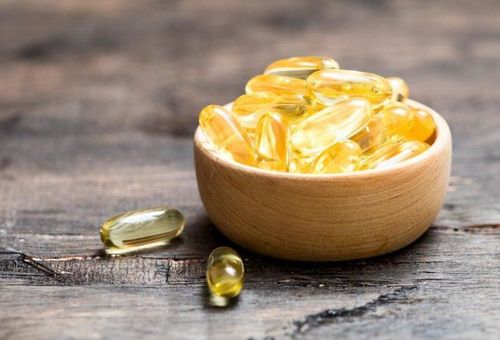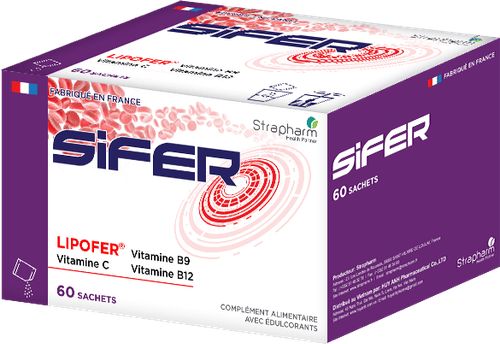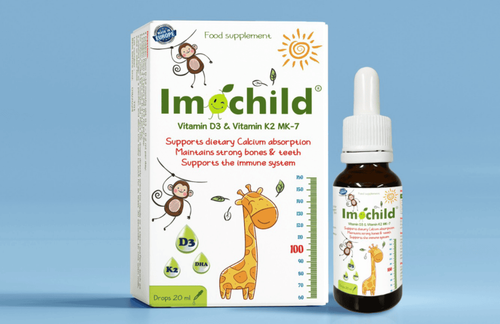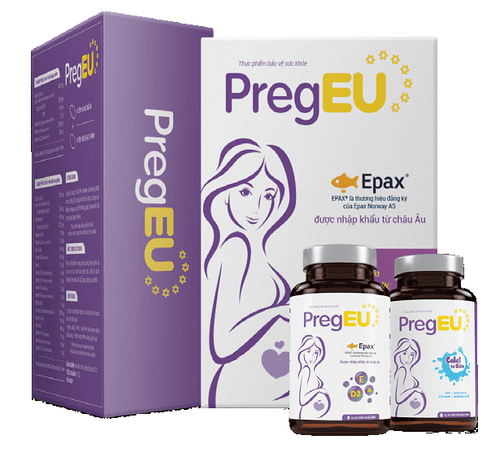This is an automatically translated article.
Article by Pharmacist Nguyen Thi Thanh Hoa - Faculty of Pharmacy - Vinmec Times City International General Hospital
Food Shark Liver Oil Omega -3 is known to help provide omega 3, when the body does not get enough of this nutrient from natural foods. This product also contributes to strengthening the resistance of cancer patients who are exhausted in health.
1. Food What is Shark Liver Oil Omega-3?
Shark Liver Oil Omega 3 is formulated in the form of soft capsules, in 1 capsule contains many important omega 3 ingredients such as:
DHA-EPA: 279 mg (22.5% DHA and 14.7% EPA) Deep sea shark liver oil (Squalene 99.6%): 50mg Haematococcus pigment algae (astaxanthin 5% - 150 mcg) Food Shark Liver Oil Omega -3 plays an important role in providing nutrients to the body. However, this food needs to be prescribed by a doctor in terms of dosage as well as regulations for use.
2. What are the effects of Shark Liver Oil Omega-3?
Shark Liver Oil Omega-3 supplement 2 of 3 types of Omega 3 important to the body, DHA and EPA. In particular, DHA is a component that makes up brain tissue, skin and retinal tissue. Therefore, this component of DHA supports the development and maintenance of brain function and nerve organizations. On the other hand, when EPA enters the body, it will be converted into prostaglandins, which prevent blood clots from forming, helping to improve circulation. In addition, the product also contains squalene which is an important component of the body's synthesis of steroid hormones, unsaturated fats at the surface of the skin. Especially with the addition of Asthaxanthin, which is a very powerful antioxidant derived from the best quality algae in the clean sea of Japan, Haematococuccus Puvialis. The product has the effect of supporting the treatment of diseases related to oxidative stress or free radicals such as cancer, diabetes, atherosclerotic cardiovascular diseases, supporting immunity, reducing inflammation... [1], [2], [3]. Some studies in laboratory models have shown that Asthaxanthin inhibits tumor growth in mice, as well as inhibits cholesterol oxidation, reduces bad cholesterol in the blood, and lowers blood sugar. [first]. Several small studies in healthy volunteers have also shown that asthaxanthin significantly reduces oxidative stress, high blood lipids, high blood sugar, and inflammation [3].
3. Who should use Shark Liver Oil Omega-3
According to doctors, Shark Liver Oil Omega-3 food will be indicated in the following cases:
Patients with high blood cholesterol Atherosclerotic cardiovascular disease, diabetes Diseases damage to the optic nerve. Supports immunity in cancer patients. Omega 3 ingredients are especially beneficial for patients with heart disease, and at the same time, strengthen the body's resistance to cancer cells attack.
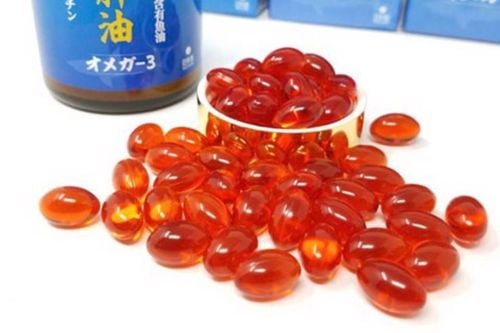
4. Note when using food Shark Liver Oil Omega -3
Some recommendations from experts below will help you use the best Shark Liver Oil Omega-3:
The recommended dose for children from 10 years old and adults is 3 tablets / day with main meals in the morning. day. Maintaining Omega with an amount of about 1.0g per day for 1-3 months will be more beneficial to health. Do not use the product for people who are sensitive to any of the ingredients of Shark Liver Oil Omega-3. For pregnant women, nursing women, and children under 10 years of age, use Shark Liver Oil Omega-3 only after consulting your doctor or pharmacist. You should also inform your doctor in case you are taking other medications or supplements. The use of any food or drug can lead to side effects if not used in the right way, in the right dose. Therefore, when there is a need to use any medicine or food, you need to consult your doctor.
Please dial HOTLINE for more information or register for an appointment HERE. Download MyVinmec app to make appointments faster and to manage your bookings easily.
REFERENCES
Higuera-Ciapara I., Félix-Valenzuela L., et al. (2006), "Astaxanthin: A Review of its Chemistry and Applications", Critical reviews in food science and nutrition , 46, pp. 185-96. Ambati R. R., Phang S. M., et al. (2014), "Astaxanthin: sources, extraction, stability, biological activities and its commercial applications--a review", Mar Drugs , 12(1), pp. 128-52. Fassett R. G., Coombes J. S. (2011), "Astaxanthin: a potential therapeutic agent in cardiovascular disease", Mar Drugs , 9(3), pp. 447-65.





